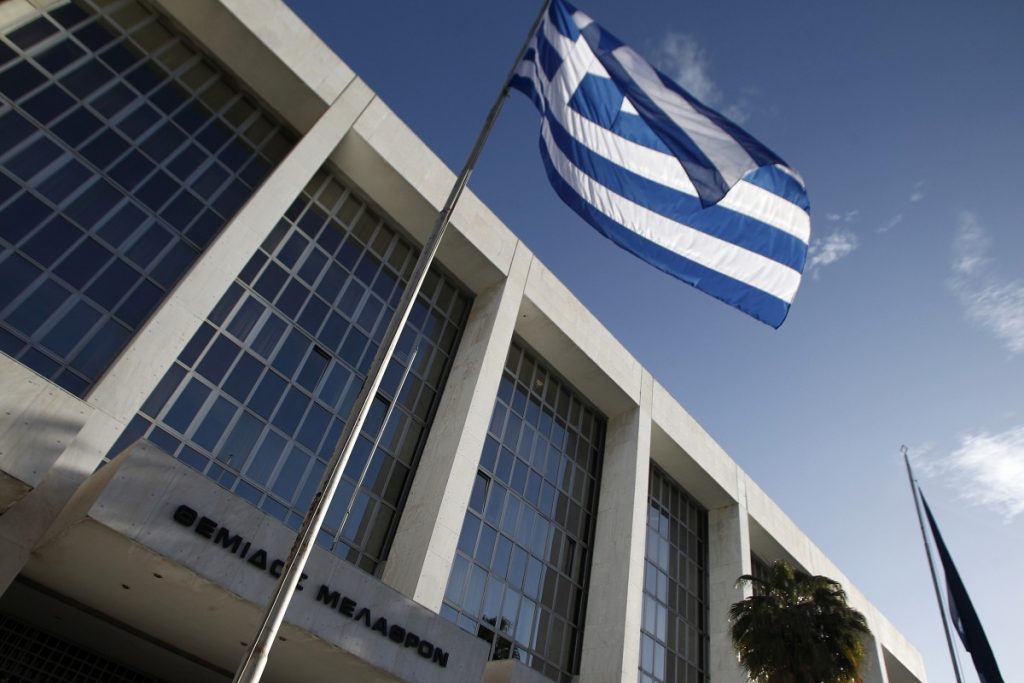
Is Greek Justice independent? The limits of the power of the President of the Hellenic Republic

FILE PHOTO: Το κτίριο του Αρείου Πάγου. ΑΠΕ-ΜΠΕ, ΑΛΕΞΑΝΔΡΟΣ ΒΛΑΧΟΣ
On the 16th of December 2019, a Judge of the Supreme Administrative Court and two Attorneys at Law of Supreme Court lodged an application before the Supreme Administrative Court.
- They challenged the procedure followed by the Hellenic Republic for the appointment of Deputy Presidents of the Supreme Courts. In particular, given that the tenure of three Deputy Presidents of the Supreme Court was going to be completed by the end of June 2019, the Greek Cabinet nominated the new Deputy Presidents, who were qualified for these positions, on the 31st of May 2019 and confirmed these nominations once again on the 21st of June 2019.
- However, the President of the Hellenic Republic did not sign, indeed without justification, the presidential decrees provided to him by the Greek Cabinet. After the general elections of the 7th of July 2019, the new Greek Cabinet did not confirm the nominations of the above-mentioned Deputy Presidents.
The first question regards the limits of the power of the President of the Hellenic Republic. Is he allowed not to sign the presidential decrees conferred to him by the Government? It is noted that based on Greek Constitution the President has the right to refuse to sign a bill, but he is still obliged to sign it should the Government insist. No right is conferred to him to refuse to sign a presidential decree.
The second question is whether the nominations for the President and the Deputy Presidents of the Supreme Courts may differ, should a new government is elected as this is a flagrant violation of the independence of Justice. This issue calls for a review of the role of the legislature, the executive and the judiciary in maintaining the Rule of Law in this country.
- The application, which is lodged before the Supreme Administrative Court, is raising issues about the fundamentals of the Democracy of Greek State and in particular, about the independence of Greek Justice, which is safeguarded by both the national and the European legal order.
- It is highlighted that this case presents similarities to the cases of Poland (C-192/2018) and Hungary (C-286/2012) according to which the interference of the national governments the independence of their judicial system violated the EU law. Likewise, it is to be examined by the ECJ whether the Hellenic Republic safeguarded the independence of the Administrative Supreme Court.
The obligation of the Member States to safeguard the independence of national courts emanates from the EU Treaty [ar.2 Values of the Union, ar.4 par.3 principle of sincere cooperation and ar.19 par.1 sufficient remedies to ensure effective legal protection in the field of EU law) and it is imposed by the right to an effective judicial protection and ultimately, the maintenance of the Rule of Law.
Last, the Supreme Administrative Court is of most importance as it deals with cases of individual rights and cases of economic and business interest.
*Professor of Administrative Law at the Law School of the University of Athens
Daskalakis spoke about the imaginary and real world of Artificial Intelligence and its challenges

